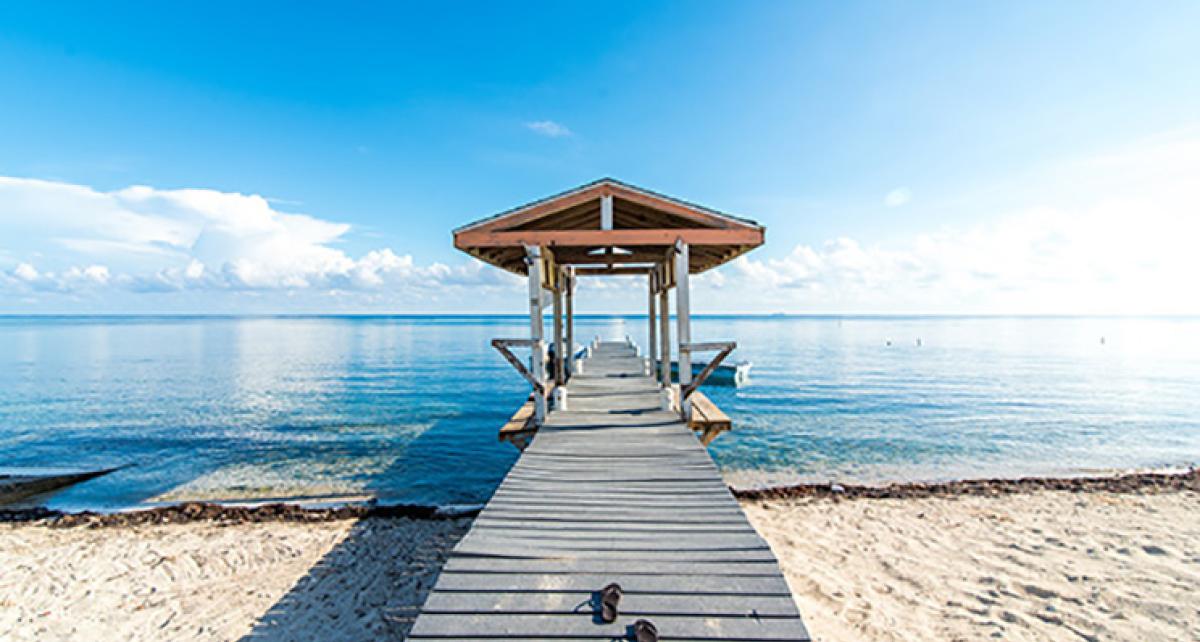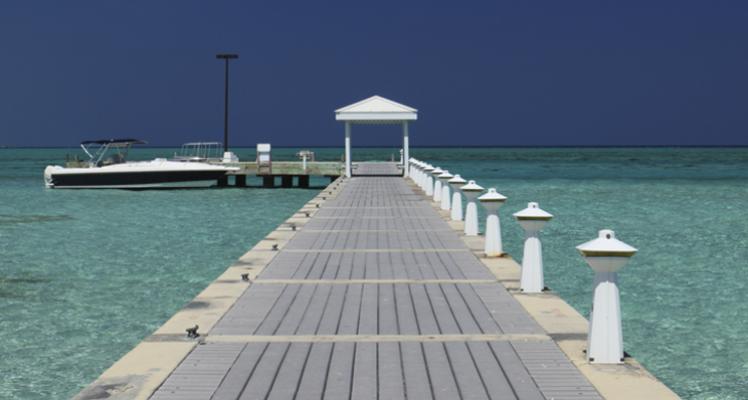
Not long for this world: Estate and succession planning in the Cayman Islands
Discussing incapacitation and death is not run-of-the-mill dinner table conversation. In fact, it usually takes a significant event to throw the inevitability of death into sharp relief: the death of someone close to us, the tragic passing of a well-known celebrity, or the scandalous tale of a rogue found dead in suspicious circumstances. Even then, the event may still not result in pen being put to paper in order to record one's last wishes. A survey conducted by a US organization called Caring.com[1] confirmed that more than 60% of "Generation X" (aged 45 to 64) and 79% of millennials (ages 18 to 34) do not have a will.
Why? Close to 50% of those surveyed chose "I just haven't gotten around to it" as their reason. However, for those living abroad or with assets located offshore, planning for incapacity and death is hugely important – it can often save significant costs, give greater certainty, and avoid administrative delays for loved ones left behind.
Directives and Decisions
The Cayman Islands (Cayman) has recently introduced legislation to give individuals living in the jurisdiction greater autonomy over their healthcare in the event of their incapacity and, for those living abroad but with assets in Cayman, to make it easier to record their testamentary intentions in a valid Cayman will. Two new laws are important in this regard:
- The Health Care Decisions Law, 2019 (the HD Law) provides for a mentally competent individual to issue an advanced health care directive (a Directive) that sets out instructions in respect of the nature and extent of medical care given to that individual in the event that they become mentally incompetent.[2] The Directive can cover things such as whether or not an individual should be put on long-term life support or include an order not to resuscitate them in specific situations. Importantly, there is provision for the recognition of heath care directives executed in certain specified jurisdictions other than Cayman.
- The Formal Validity of Wills (Persons Dying Abroad) Law, 2018 allows persons domiciled outside of Cayman to execute a valid Cayman will dealing with moveable property according to Cayman law.[3] This law removed previous restrictions making it difficult and cumbersome to deal with a deceased's assets in Cayman, and is important because it allows people who own shares in Cayman companies or who have interests in Cayman Islands investment funds to more easily dispose of their interests on death even if they die domiciled outside of the Cayman Islands.
The use of Cayman trusts
Cayman follows common law concepts of freedom of testamentary disposition, and there are no forced heirship rules to consider when preparing a will. However, at the forefront of many testators' minds is the question of how best to avoid disputes over their estate following their death and a basic will may not be enough. Some people prefer to use Cayman trusts as part of their succession planning by:
- Forming a lifetime trust whereby they transfer their personal assets to trustees during their lifetime to be held on the terms of the trust. Assuming the trust is irrevocable and there is no allegation of the trust being formed to defeat creditors, the assets will no longer form part of that person's estate on transfer to the trustee and, on death, the assets within the trust fall outside of the deceased's estate. As a result, the assets are unlikely to be subjected to attack by personal creditors of the settlor or forced heirship concerns that might exist in the deceased's home domicile. The existence of the Cayman Islands' firewall legislation solidifies this structure.
- Creating a "pour over will", whereby the deceased's residuary estate[4] is transferred to an existing trust. However, it is important to note that because the deceased has not, during their lifetime, transferred their assets to trustees, the persons appointed under the will are first required to obtain a grant of probate from the Grand Court of the Cayman Islands in order to get the assets into their names before they can transfer the residuary estate to be held on the terms of the existing will trust.
Future Planning
With careful planning, reliance on the tools provided for in new local legislation, and use of innovative structures on offer in the jurisdiction, individuals with Cayman interests and assets can now very easily create a robust and efficient succession plan to minimize the likelihood of estate disputes – provided of course they "get around to it" before it is too late.
[1] Caring.com is an online organization for caregivers seeking information and support in caring for aging parents, spouses, and loved ones. Access the survey at: https://www.caring.com/caregivers/estate-planning/wills-survey/
[2] A template form of Directive is included in the HD Law, to make completion of it a very simple process. It must be witnessed by two individuals, including the doctor who is certifying mental capacity. A person who is being appointed a proxy, a beneficiary or spouse of beneficiary of the directive-makers' estate, or any other person with an interest under the Direction cannot be a witness.
[3] To be valid under Cayman Islands law, wills have to be signed at the end of the document and in the presence of two witnesses.
[4] Broadly, the deceased's estate less any debts and taxes.
An original version of the article was first published by the STEP Journal, April 2020.
© Carey Olsen 2020.





